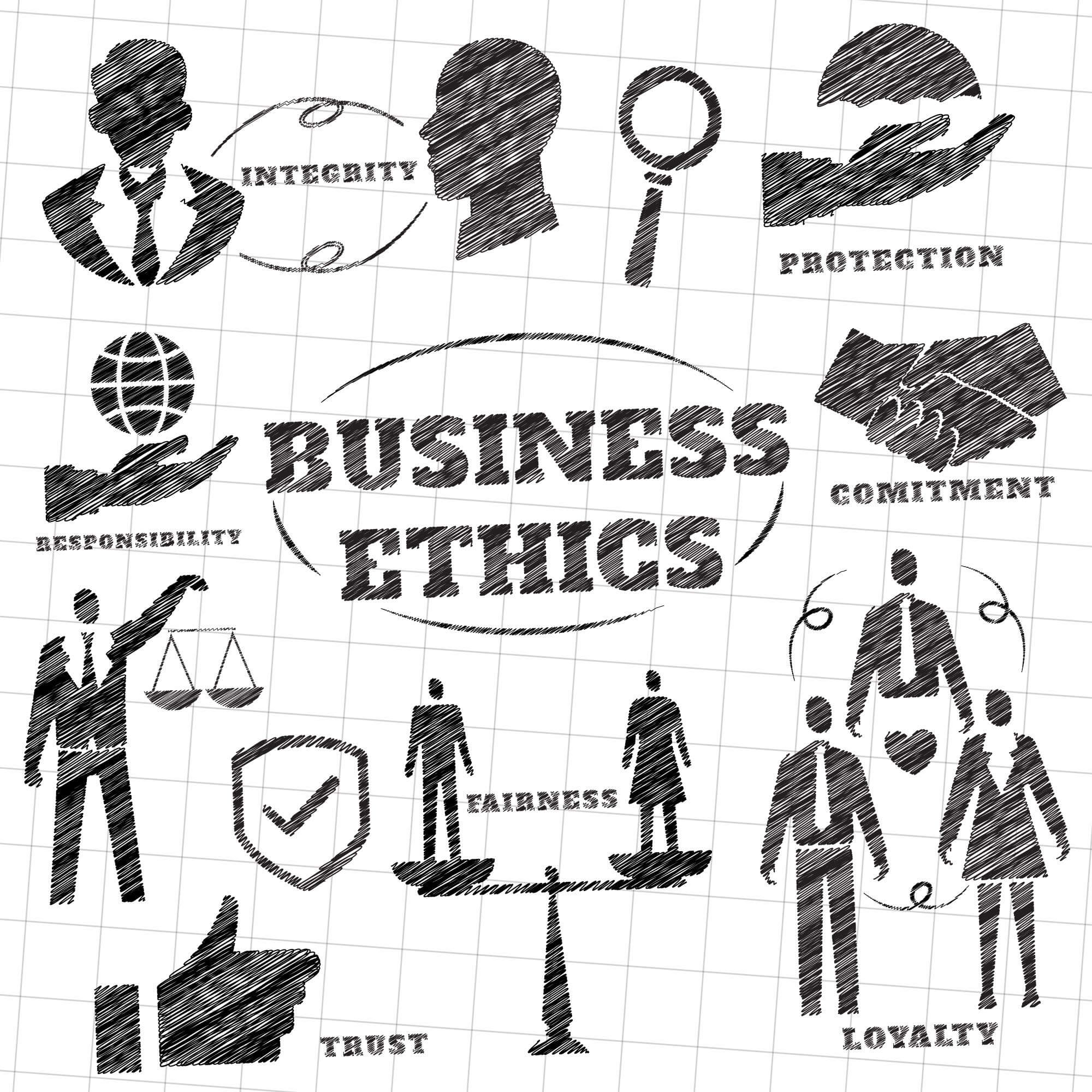There has been an extensive amount of research and sharing of opinions about what makes for a highly effective Board. Asking what a healthy Board looks like is akin to asking what a healthy person looks like or how much a car costs. It all depends. Yet for the sake of furthering your understanding of …
Starting a Business/
Business Laws & Ethics
Many people are used to reading or hearing of the moral benefits of attention to business ethics. However, there are other types of benefits, as well. The following list describes various types of benefits from managing ethics in the workplace. 1. Attention to business ethics has substantially improved society. A matter of decades ago, children …
As the world watched the amazing rescue of the Chilean miners, I was struck by the amazing level of transparency being demonstrated by the Chilean government. No one knew if the rescue was going to be successful. And yet, the world was watching the event unfold live, with cameras above and below ground. What a …
Business ethics in the workplace is about prioritizing moral values for the workplace and ensuring behaviors are aligned with those values — it’s values management. Yet, myths abound about business ethics. Some of these myths arise from general confusion about the notion of ethics. Other myths arise from narrow or simplistic views of ethical dilemmas. …
Boards need to discuss horrible ideas: the idea that your product might no longer be relevant to your target market, the idea that your staff might prefer to work elsewhere, or that your technology might leave you unable to deliver goods and services. These are not issues that management like to talk about and, indeed, …
Let’s Start With “What is ethics?” Simply put, ethics involves learning what is right or wrong, and then doing the right thing — but “the right thing” is not nearly as straightforward as conveyed in a great deal of business ethics literature. Most ethical dilemmas in the workplace are not simply a matter of “Should …
Company directors on not-for-profit boards are often required to make substantial donations to the cause, or to elicit substantial donations from their network. Those that can’t or won’t become major benefactors are, more or less subtly, removed from the boardroom. But does this model sit well with current notions of directors’ responsibility and the professionalization …





